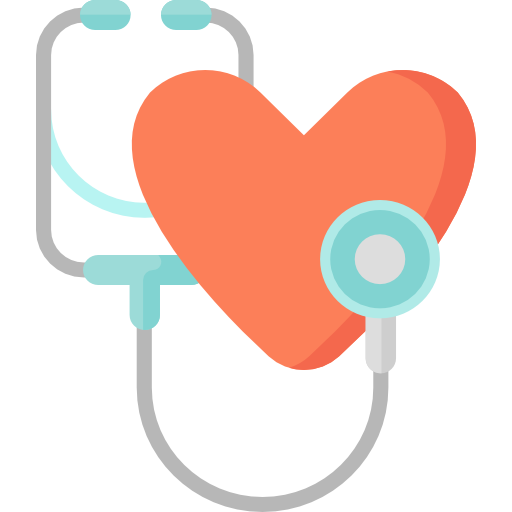Depression is a mental disorder that brings feelings of deep sadness and hopelessness. It results in a loss of interest in normal daily activities and life. Many sufferers describe what depression feels like as a constant sadness that they carry with them all the time. It's normal to go through sad times in life, but it's time to talk to your healthcare provider when they begin to interrupt your daily life.
Pathophysiology and Risk Factors
This mood disorder results from a chemical imbalance in the brain. This can be due to many things and can develop at any point in your life. Children, teens, and adults can suffer from this condition, and it is equally serious in all age groups.
Periods of high stress such as long-term unemployment, death, financial problems, or relationship issues can trigger depression. Other risk factors are a family history of mood disorders, certain medications, severe or chronic illness, and substance abuse.
This condition can occur in combination with several other health issues like mixed anxiety depressive disorder, pain disorders, and social phobias. Attention deficit hyperactivity disorder (ADHD) and depression often coexist.
Types of Depression
All depression includes feelings of sadness and hopelessness. However, there are many types of this disorder, including:
- Clinical or Major Depressive Disorder - This disease leads to changes in appetite, sleep, and mood. It also often includes feelings of unbearable hopelessness, fatigue, and suicidal thoughts.
- Persistent Depressive Disorder - This is a chronic condition that varies from mild to severe. The symptoms are not as intense as clinical or major depressive disorder. Still, they can be very long-lasting and decrease quality of life.
- Bipolar Disorder- This causes shifts in mood and cyclical depression, resulting in an episode of mania followed by depressive episodes. It is not uncommon for sufferers to have unexplained physical symptoms like aches and pains. This mood disorder often leaves you feeling hopeless and lethargic.
- Postpartum Depression- Pregnancy and birth lead to significant life changes, and it isn't uncommon for this condition to develop as a result. Fluctuating mood, anxiety, irritability, and trouble bonding with your baby can be signs of this disorder.
- Seasonal Affective Disorder (SAD) - This condition affects many people. It leads to depressive feelings, potential weight gain, and loss of interest in everyday life during dreary weather periods.






